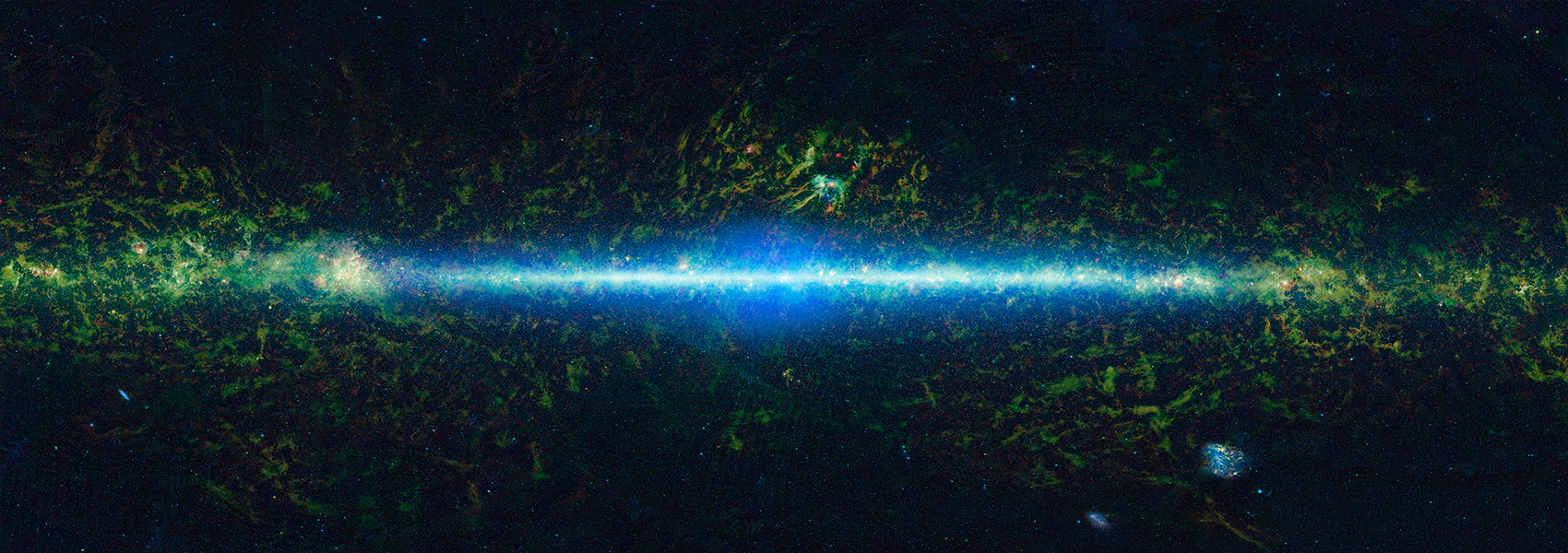October
2006
•
2006ApJS..166..585B
Authors
•
Burgasser, Adam J.
•
Kirkpatrick, J. Davy
•
Cruz, Kelle L.
•
Reid, I. Neill
•
Leggett, Sandy K.
•
Liebert, James
•
Burrows, Adam
•
Brown, Michael E.
Abstract
•
We present the results of a Hubble Space Telescope NICMOS imaging survey of 22 T-type field brown dwarfs. Five are resolved as binary systems with angular separations of 0.05"-0.35", and companionship is established on the basis of component F110W-F170M colors (indicative of CH4 absorption) and low probabilities of background contamination. Prior ground-based observations show 2MASS 1553+1532AB to be a common proper-motion binary. The properties of these systems-low multiplicity fraction (12+7-4% resolved, as corrected for sample selection biases), close projected separations (ρ=1.8-5.0 AU) and near-unity mass ratios-are consistent with previous results for field brown dwarf binaries. Three of the binaries have components that span the poorly understood transition between L dwarfs and T dwarfs. Spectral decomposition analysis of one of these, SDSS 1021-0304AB, reveals a peculiar flux reversal between its components, as its cooler T5 secondary is ~30% brighter at 1.05 and 1.27 μm than its T1 primary. This system, 2MASS 0518-2828AB, and SDSS 1534+1615AB all demonstrate that the J-band brightening observed between late-type L to mid-type T dwarfs is an intrinsic feature of this spectral transition, albeit less pronounced than previously surmised. We also find that the resolved binary fraction of L7 to T3.5 dwarfs is twice that of other L and T dwarfs, an anomaly that can be explained by a relatively rapid evolution of brown dwarfs through the L/T transition, perhaps driven by dynamic (nonequilibrium) depletion of photospheric condensates.
Links


.png?1523393848)

